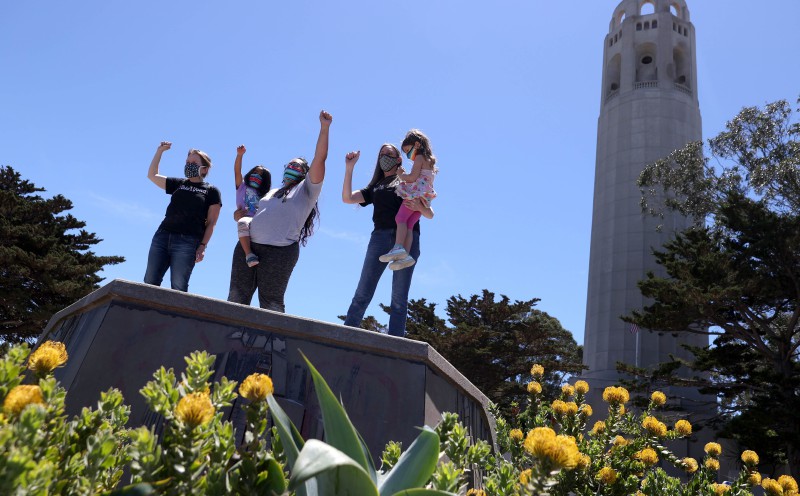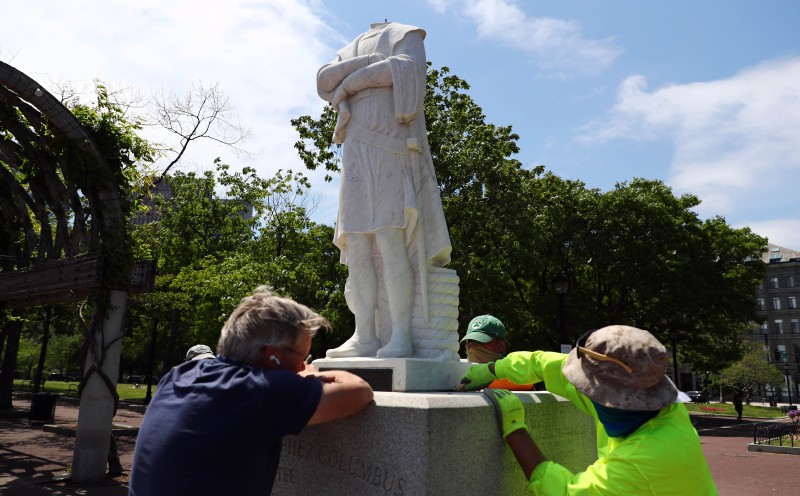Embrace multi-asset investments in volatile market
Investors will need to undertake dynamic multi-asset allocation for managing their investment portfolio in the current low interest rate environment.
https://youtu.be/ZkYNN4daZR4
What is multi asset investing?
https://youtu.be/vbWrn58JAJ8
Why multi asset investing?
https://youtu.be/hoemEAMqNJA
Investors will need to undertake dynamic multi-asset allocation for managing their investment portfolio in the current low interest rate environment.
https://youtu.be/ZkYNN4daZR4
What is multi asset investing?
https://youtu.be/vbWrn58JAJ8
Why multi asset investing?
https://youtu.be/hoemEAMqNJA

Meanwhile, Michael Chang Wai Sing, chief
investment officer for fixed income at RHB Asset Management (M), said
investors could consider having an exposure in fixed income instruments
such as bonds as well as foreign exchange (forex) instruments.
“Asian credits are a sweet spot as Asia, especially China, is recovering and is expected to recover further into the rest of the year and into 2021, ” - Michael Chang Wai Sing
Diversification into the appropriate asset classes is key in managing risks and optimising returns, especially when uncertainty is rife in the market, according to panellists at the “Investing in Volatile Times: Stocks, Fixed Income or Multi-Asset?” webinar organised by RHB Asset Management.
According to Schroder Investment Management (S) Ltd South-East Asia head of multi-asset product Reginald Tan, investing in dividend yield stocks offer good and stable returns, at a time when the equity market is volatile.
While corporate earnings have taken a hit as a result of the Covid-19 pandemic and more companies have turned conservative in managing their cash, Tan believed that this is set to change moving forward as the global economy recovers.
“Companies experienced a short-term hit over the last one or two quarters due to Covid-19 and there were dividend cuts, but going into 2021, we will definitely see a rise in dividends.
“You cannot conserve cash forever, ” he said.
Tan added further that a low interest rate environment and a pick-up in economic activity are positive for high dividend yield stocks.
Meanwhile, Michael Chang Wai Sing, chief investment officer for fixed income at RHB Asset Management (M), said investors could consider having an exposure in fixed income instruments such as bonds as well as foreign exchange (forex) instruments.
Fixed income instruments are low-risk in nature and typically offer better returns than any average fixed deposits in banks, particularly at a time when interest rates have been lowered.
“Asian credits are a sweet spot as Asia, especially China, is recovering and is expected to recover further into the rest of the year and into 2021, ” said Chang.
However, he cautioned that investors should be selective as they invest into the credit space.
“There will also be opportunities in the forex space. If you have a certain view on forex, you can also use that to enhance your returns for the fixed income, ” stated Chang.
As for the opportunities in the equities universe, RHB Islamic International Asset Management Bhd CEO Mohd Farid Kamarudin told StarBiz that investors should consider stocks in sectors that are capable of evolving and adapting to the new economic environment. A potential sector is information technology (IT).
“Of course, we can also look at companies from different sectors that provide services to the IT-related players, ” he said.
Moving forward, Tan from Schroder said that investors will need to practice caution in the stock market, amid the rally that has continued since mid-March this year.
“A double-dip (in the stock market) is possible as fears of Covid-19 remains to be felt and investors engage in profit-taking.
“However, there are expectations that politicians, central bankers and governments will step in to help paper over the cracks, ” he said.
Over the past several months, Bursa Malaysia has enjoyed a rally fuelled by liquidity and a boom retail investor participation. This was in line with the rally witnessed across key stock exchanges globally.
Bursa Malaysia’s bellwether index, FBM KLCI, has surged by almost 30% since the year-to-date low in March after the market tumbled on Covid-19-induced panic.
Yesterday, the index gained by 1.07% or 16.78 points to 1,583.5 points as investor sentiment seemed to be boosted by Bank Negara’s 25 basis point-cut in the Overnight Policy Rate a day earlier.
Source link
Read more:

Related Posts:
Be the bull in a bear market – stop procrastination
https://youtu.be/UzoZxKmLOAI We’re almost well into the third quarter of 2020 – have you made headway in any of this year’s fina...















